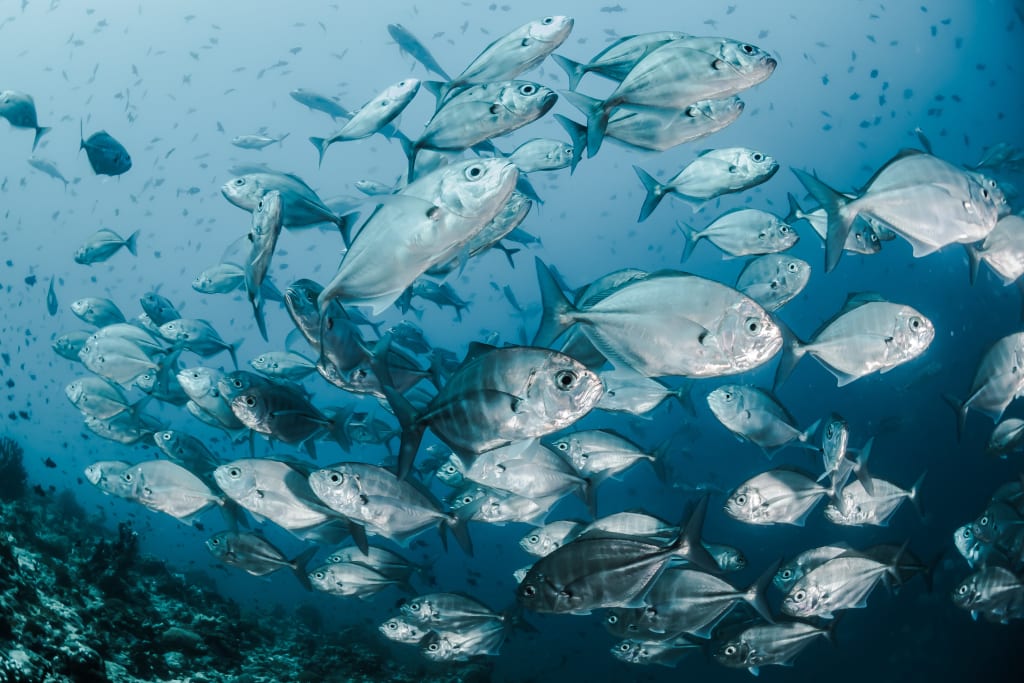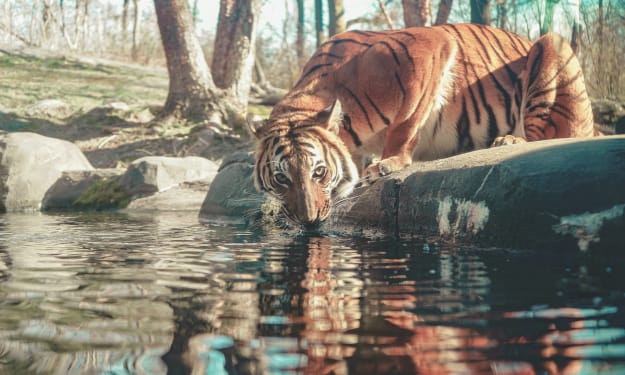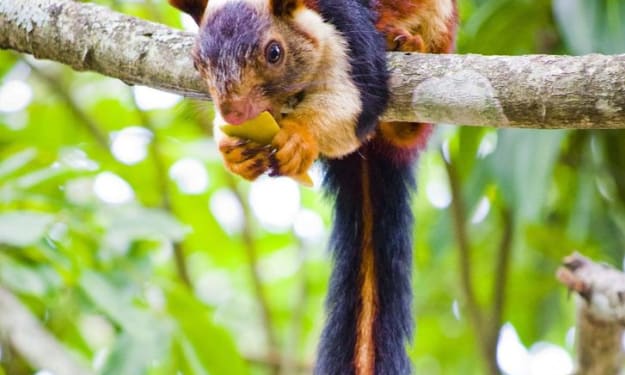Seaspiracy: An Open Letter
An Open Letter Concerning a New Netflix Film Produced by The Cove’s Ric O’Barry.

To Whom It May Concern,
I would like to first start out by saying this regarding my intention behind this open letter: back in 2019, I volunteered for a New Hampshire-based marine wildlife organization that aimed to protect marine habitats, promote substantial seafood consumption, and reduce plastic waste across New England. My summer with them surprised me to see how most New Englanders aren’t aware how throwing out that Poland Springs bottle in a riverway could mean death to seagulls and other marine wildlife, or how purchasing tuna from a company that doesn’t practice substantial and humane methods can do more harm than good for both wildlife and local fishing communities. While the intentional goal was to make the New England public better marine stewards for our local marine ecosystem, we had no intention to encourage people to go “vegan” or attempt harm on local fishers who have earned a living off these waters for generations. So, when I heard about Ric O’Barry’s latest movie being used by extremists to target these little non-profits for not having the same animal-rights “values” as the film, I took it upon myself to share my thoughts on it.
Let me start by saying that Seaspiracy is like the Qanon of animal-rights documentaries for several reasons. It makes overfishing look more polarizing than it actually is because it uses outdated, debunked sources to truth bend its argument regarding promoting unsafe vegan diets. I am not saying that overfishing is not a serious issue, but what I am saying is that the movie itself is a single-sided film that more focuses on getting an entire audience to go vegan in the name of animal rights rather than looking for ways to prevent overfishing and accidental killing of dolphins and other marine wildlife.
I have to admit that I am not surprised about most companies not being honest about their products being “dolphin-safe” but what I am shocked about is that O’Barry’s Earth Island Institute demonizes the concept of sustainability by insisting that no amount of a sustainable method of fishing could insure marine stewardship. If that’s the case, then how can O’Barry and friends explain how coastal-based First Nations communities have been able to thrive through sustainability while ensuring environmental stewardship centuries before white colonialism? Still, there is no arguing that around 10,000 dolphins and small whales die by bycatch off the coast of France, and it has been killing more marine animals on a bigger portion than centuries of commercial whaling ever has in the past. However, it is also important for consumers to always check an eco-label’s website and certification process when they are in doubt. Therefore, they can decide for themselves if the company in question is trustworthy about their products being “dolphin-safe”.
What is more troubling about the movie is the “fans” who have been sold on the whole vegan side of things- It all started over a decade ago when these activists targeted the social media pages of various marine mammal facilities over the inhuman whaling practices in Japan by insisting that these facilities were “linked” to an over 400-year-old driver fishery when in reality, it wasn’t the case at all. Now, they are targeting small non-profits that work to protect marine ecosystems and promote substantial fishing to ensure good stewardship. These people now believe that they can call out any organization that works with local fisheries to find better fishing methods that are aimed at reducing the negative impact that large-scale fishing practices can have on wildlife. It’s both The Cove and Unplanned all over again, but this time, with a more cult-like mentality that’s aimed at throwing people down a guilt-trip over claims that have proven to be biased and do nothing to help their cause in any shape or form.
If we are to address overfishing and bycatch, it needs to be done with honesty and candor, not fear tactics that have mixed in with Qanon-styled claims that have been declared biased. This includes the need to work with local fishers to find better fishing methods, promote sustainable seafood, download regional consumer guides, continue to educate ourselves and others about ocean issues, and support local fishers and markets that sell sustainable seafood. In the end, it all comes down to marine stewardship, not extremism nor dangerous vegan diets.
About the Creator
Jenna Deedy
Zoo and Aquarium Professional, Educator, Cosplayer, Writer and B.A. in Psychology whose got a lot to share when it comes to animals, zoos, aquariums, conservation, and more.
Instagram: @jennacostadeedy






Comments
There are no comments for this story
Be the first to respond and start the conversation.